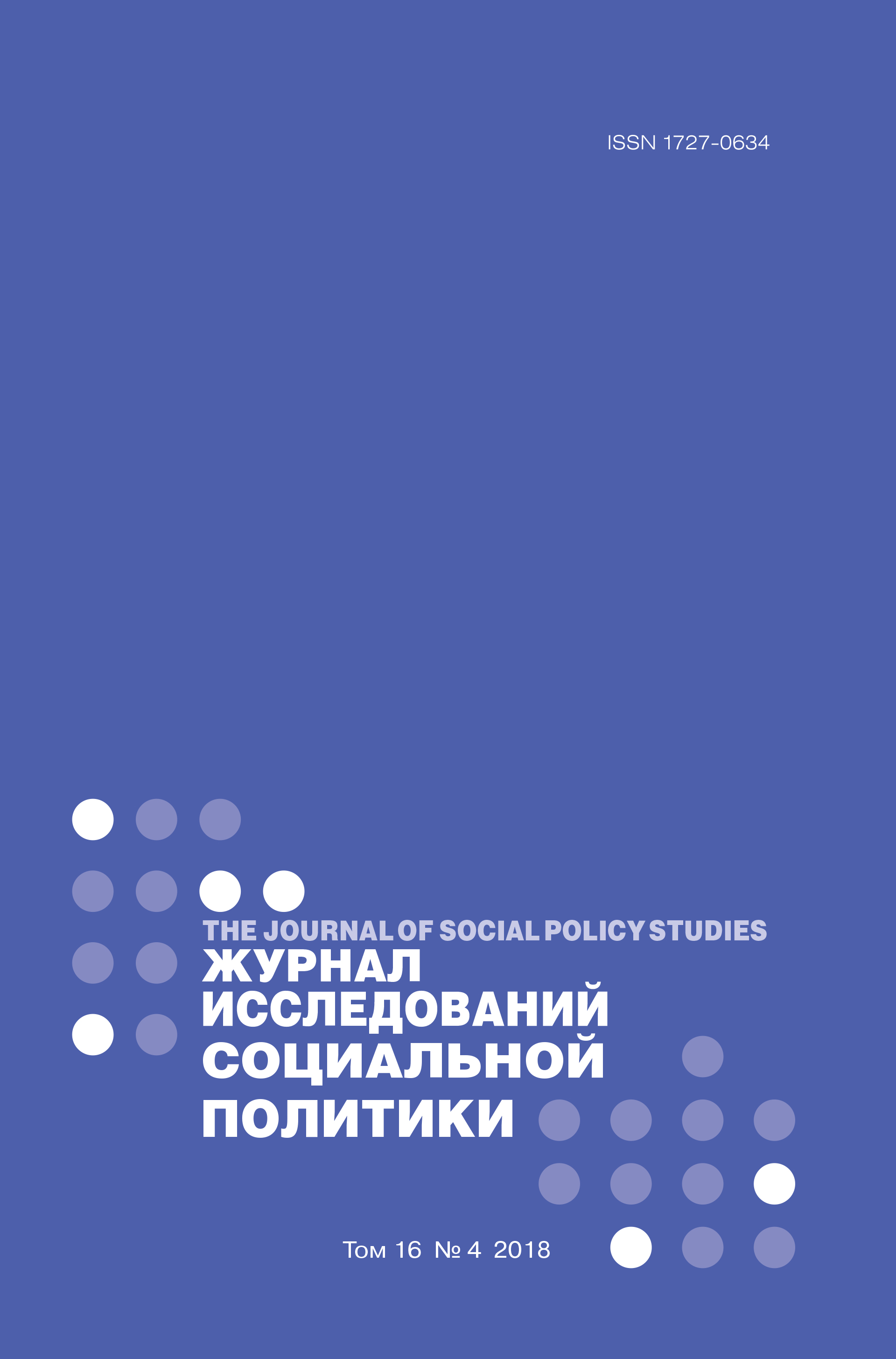Attitudes among the Professional Groups of the Welfare State towards Migrants
Abstract
Valentina Yarskaya-Smirnova – Doctor of Philosophy, Director of Scientific-Educational Regional Centre of Monitoring Research, Yuri Gagarin State Technical University of Saratov, Russian Federation. Email: jarskaja@mail.ru
Alexey Ruchin – Candidate of Sociology, Sociologist of Scientific-Educational Regional Centre of Monitoring Research, Yuri Gagarin State Technical University of Saratov, Russian Federation. Email: ralexey@inbox.ru
The modern welfare state plays an important role in social cohesion, forming mechanisms encouraging the social inclusion of migrants. Institutions of social support and cultural integration can promote the development of such forms of public solidarity where diversity is considered a value, and individual
choice in social and cultural questions is guaranteed by the law. Based on the concept of inclusion and analyzing empirical data, we reveal the attitudes of specialists of public organizations in spheres of social protection, education and culture towards migrants. The hypothesis of contact is verified: higher frequency interactions with representatives of socially vulnerable groups contributes to the formation of more tolerant attitudes. Some differences in the assessments of the friendliness of society and organizations towards were revealed among specialists working in social protection, education
and culture. While representatives of cultural institutions rate community friendliness towards migrants more highly, social protection specialists assess their institutions as the most inclusive ones and view the attitude of the society towards migrants more critically than other professional groups. Organizations in the sphere of culture, education and social protection are more friendly towards migrants as clients than as staff. One of the hypotheses in this research was the presence of representatives of vulnerable groups
among relatives contribute to greater tolerance. The greatest difference is recorded in the opinions of respondents about the attitude of organizations in which they work towards migrant staff. Those who have migrants in their immediate surroundings believe that their organization is more friendly towards migrants than those who do not have migrants in their immediate surroundings. The study highlighted the relationship between the perception of society friendliness towards migrants and the sense of time: the greater the degree of satisfaction respondents showed for the current situation, the more positive their assessment of vulnerable group inclusion. Thus, the paper sets down a framework for constructing an inclusive organizational culture of professional groups within the welfare state.















